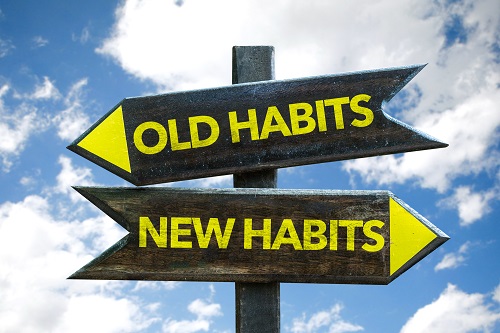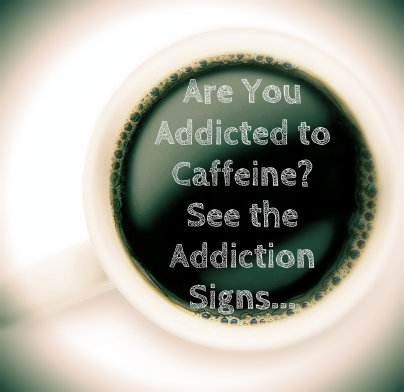5 Easy Facts About Can You Overdose on Caffeine? - Nexus Recovery Services Shown


Caffeine Addiction: Self Help and Recovery Guide Tutorial by Steve Chang
Caffeine Addiction: Can You Quit? by MedicineNet.com Can Be Fun For Anyone
Consuming as much as 400 mg or four cups of coffee does not cause problems for many people. But, caffeine affects individuals differently, depending upon their size, gender and sensitivity to it. If you're sensitive to caffeine, even moderate amounts can trigger insomnia (difficulty sleeping), fast heart rate, stress and anxiety and sensations of uneasyness.
What are the symptoms of having excessive caffeine? Symptoms of having too much caffeine may consist of: Headache, nervousness, dizziness. Having "the jitters" or feeling unsteady. Insomnia or sleep that is "on and off" throughout the night. Racing heart or irregular heartbeat. Boost in high blood pressure. Dehydration. Who should prevent caffeine? It's not safe for everyone to have caffeine in their diet plan.
You may desire to prevent caffeine if you: Have any sleep disorder, like insomnia. Have ulcers or GERD. Are pregnant. Are breastfeeding. Have migraines or chronic headaches. Have hypertension. Take certain stimulants, prescription antibiotics, asthma medicines and heart medicines. These medications can have interactions with caffeine. Are a child or teenager.
See This Report on Hydrogen Water Can Help You Beat Caffeine Addiction
Have a quick or irregular heartbeat. Is caffeine addicting? Lots of people establish a tolerance for caffeine. This implies that your body adjusts and gets utilized to having caffeine every day. In This Website , you might find that you must keep increasing your caffeine intake to achieve the preferred impacts of awareness and ability to concentrate.


TAXI on Twitter: "How to beat your caffeine addiction https://t.co/LwpJv0el7l… "
It raises dopamine, however the level is little. Illegal stimulants like methamphetamine ("meth") and MDMA ("ecstasy" or "molly") trigger a substantial rise that messes with the benefit circuits in your brain. You get "addicted" to ecstasy, and "reliant" on caffeine. The length of time does caffeine last in the human body? The results of caffeine can be felt as quickly as 15 minutes after it is taken in.
